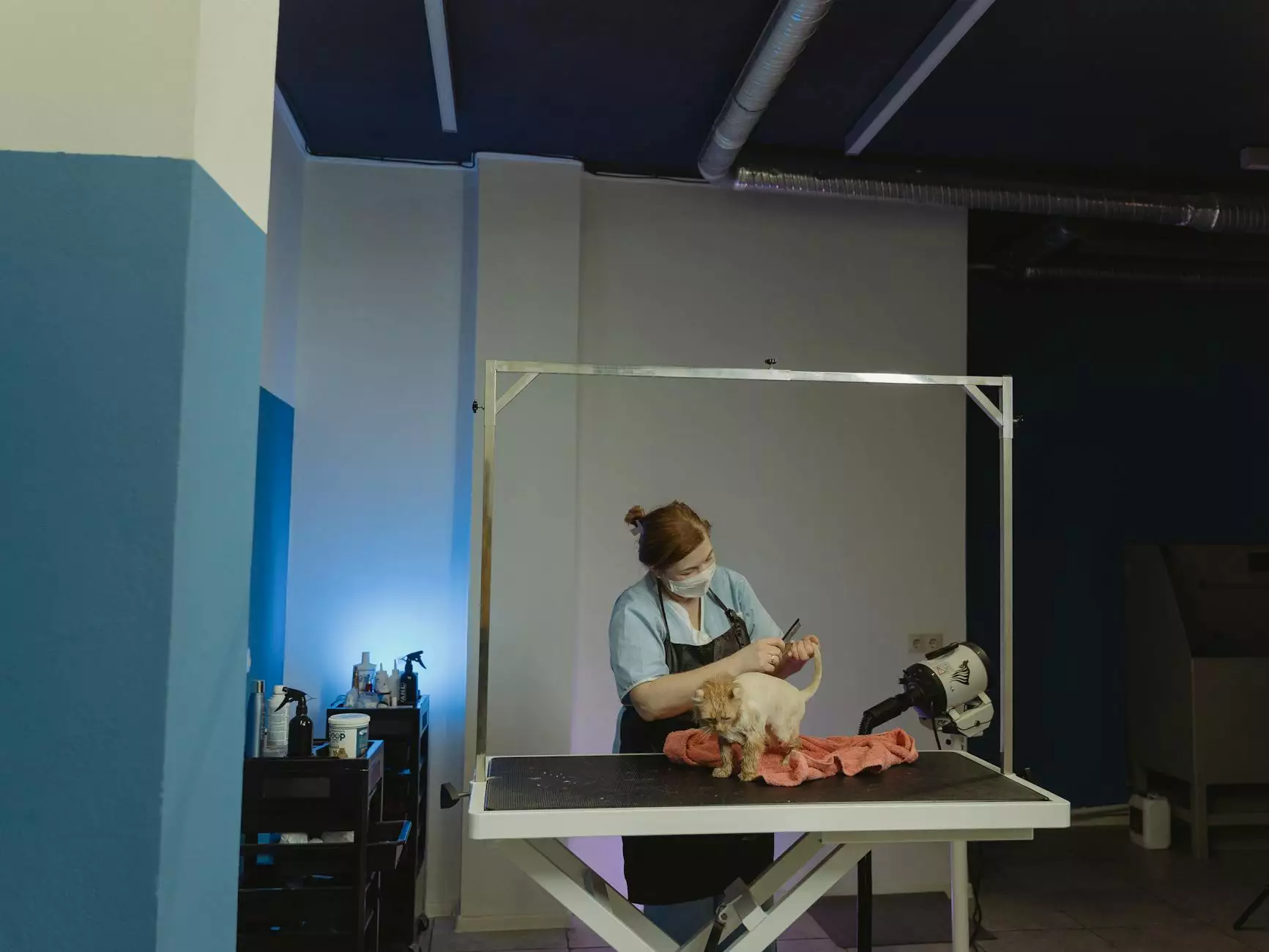How to Start a Film Studio: A Comprehensive Guide

In recent years, the film industry has experienced an explosion of creative content, thanks to advancements in technology and increased accessibility to film production tools. If you've ever envisioned your own cinematic creation, you may find yourself asking: how to start a film studio? Building a film studio is an exciting venture that requires careful planning and execution. This guide will help you navigate the essential steps and considerations necessary to turn your dream into a reality.
Understanding the Basics of Film Production
Before delving into the specifics of establishing a film studio, it’s crucial to understand the basics of film production. The film creation process typically involves several stages:
- Development: This is the initial stage where the story idea is conceived, developed into a script, and prepped for production.
- Pre-Production: In this phase, all logistics are planned, including casting, location scouting, and securing equipment.
- Production: This is the active phase of filming where scenes are shot according to the script.
- Post-Production: After filming, the footage is edited, sound is mixed, and visual effects are added to finalize the film.
Step 1: Establishing Your Vision and Goals
The very first step in how to start a film studio is to clarify your vision. Define the type of films you want to produce. Do you have a penchant for independent films, documentaries, or blockbusters? Determine your target audience and consider what distinguishes your studio from others in the industry.
Define Your Niche
Identifying a niche can help you carve out a space for your studio. Here are a few popular niches to consider:
- Indie Films: Eccentric stories that often explore deeper themes with lower budgets.
- Documentaries: Non-fiction content that educates or informs viewers.
- Animation: Whether 2D or 3D, animated films provide a creative platform for storytelling.
- Web Series: Short episodic content that caters to online audiences.
Step 2: Creating a Business Plan
Every successful venture starts with a solid business plan. A well-structured plan not only outlines your studio's structure and operations but also serves as a guide for attracting investors. Include the following in your business plan:
- Executive Summary: A snapshot of your studio's mission and objectives.
- Company Description: Details about your studio’s vision, goals, and structure.
- Market Analysis: Research on your competitors and potential audience.
- Marketing Strategy: How you will promote your films and build a brand.
- Funding Requirements: An outline of your budget and potential funding sources.
Step 3: Legal Considerations and Registration
Once you have a plan, it's imperative to tackle the legal aspects of starting your studio. Here are some key considerations:
- Choose a Business Structure: Decide if you want to operate as a sole proprietorship, partnership, or corporation.
- Register Your Studio: Ensure your business name is registered and compliant with local regulations.
- Obtain Necessary Licenses: Depending on your location, you may need specific permits for film production.
- Copyrights and Trademarks: Secure intellectual property rights for the films and content your studio produces.
Step 4: Securing Funding
Funding is a crucial component when learning how to start a film studio. Here are several methods you can pursue to finance your projects:
- Personal Savings: Investing your own money can demonstrate credibility to potential investors.
- Bank Loans: A traditional route but often requires detailed business plans and good credit.
- Investors and Crowdfunding: Attracting investors or running a crowdfunding campaign via platforms like Kickstarter can provide the necessary capital.
- Grants: Research local and national supportive grants geared towards film projects.
Step 5: Choosing a Suitable Location
The physical space of your studio is vital. Whether you choose to rent a studio or establish your own, consider the following factors:
- Accessibility: The location should be easy for your crew and actors to access.
- Space Requirements: Ensure you have ample room for filming, editing, and meetings.
- Facilities: Look for spaces that are equipped with bathrooms, catering services, and ample electrical outlets.
Step 6: Purchasing Equipment
Investing in the right equipment is crucial for high-quality filming. Here are some essentials you'll need:
- Camera: Choose a camera that meets your production needs, whether digital or traditional.
- Lenses: Different scenes may require different lenses for optimal shooting.
- Lighting Equipment: Good lighting can transform the quality of your film.
- Sound Equipment: High-quality sound recording devices are vital for film production.
- Editing Software: Invest in professional-grade software for post-production.
Step 7: Building a Talented Team
Your studio can only be as good as the people working for you. Surround yourself with talented individuals who share your passion for filmmaking:
- Production Crew: Hire directors, camera operators, and production assistants who bring experience and creativity.
- Creative Talent: Cast actors who fit your vision and can bring your stories to life.
- Editing Team: Skilled editors are critical for the post-production process.
- Marketing Professionals: Having a team that can promote your films effectively ensures your projects reach their intended audience.
Conclusion: Your Journey Awaits
Starting your own film studio is undoubtedly a challenging yet rewarding journey. The combination of passion, creativity, and strategic planning will pave the way to your success in the film industry. As you explore how to start a film studio, remember that every prominent filmmaker began with a vision and took the necessary steps to turn that vision into reality.
With dedication and hard work, your film studio can contribute unique stories to the cinematic landscape. Are you ready to embark on this incredible journey?



